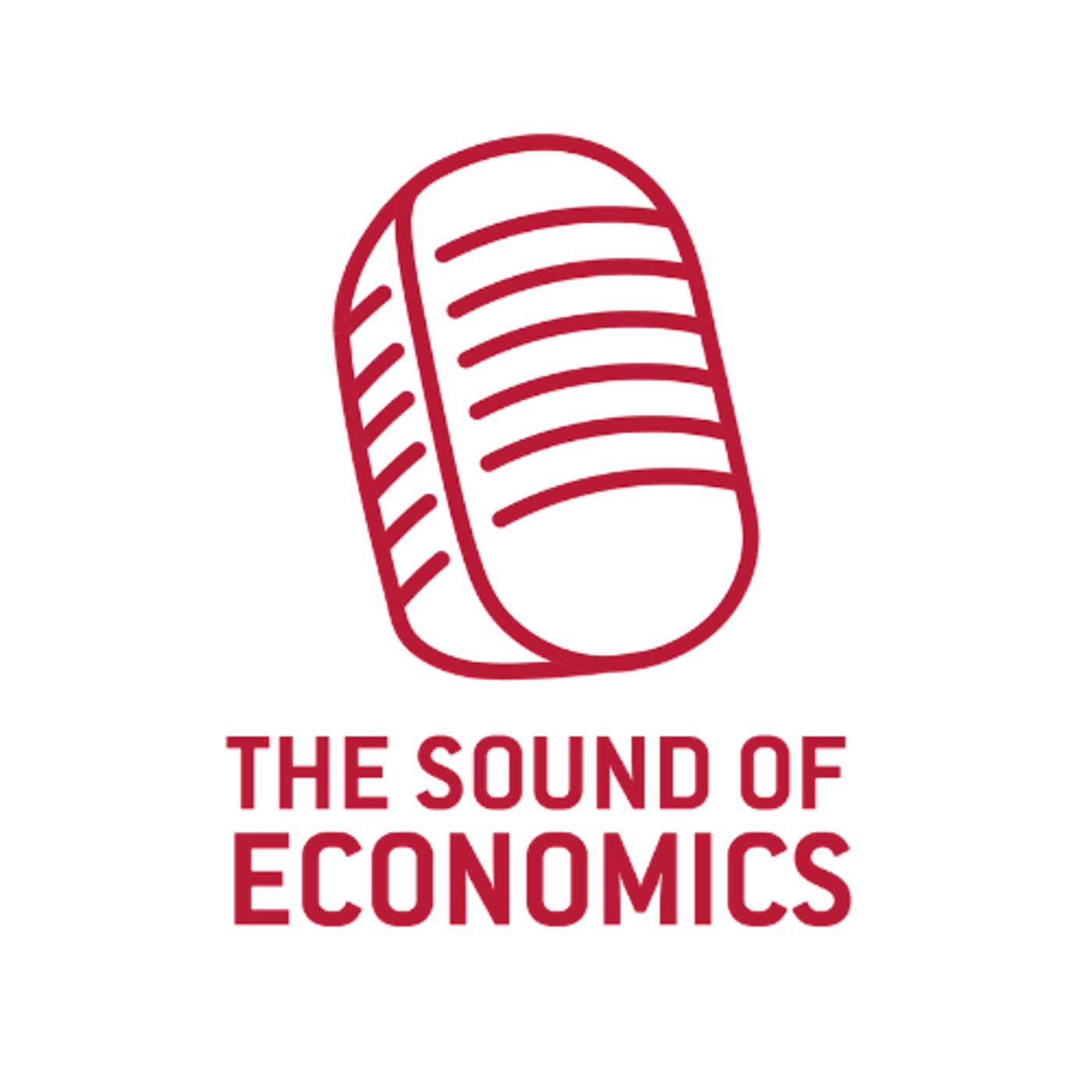Changing labour markets, changing social protection
Social protection is the mechanism that addresses amongst other issues, poverty reduction, education, health, social inclusion, and empowerment. In the United States and in Europe social protections were initially designed between 1880 and 1945 with the full-time, dependent employee in mind.
In this episode of The sound of economics, Giuseppe Porcaro invites Anke Hassel and Kathleen Romig to discuss the challenge that confronts the United States and Europe, in the context of a changing labour market and the increase in nonstandard work.
This podcast was produced within the project "Transatlantic expert group on the future of work", with the financial support of the European Union. Its contents are the sole responsibility of Bruegel AISBL and The German Marshall Fund of the United States and do not necessarily reflect the views of the European Union.

